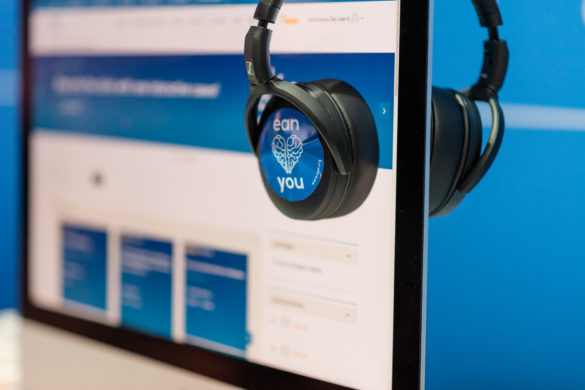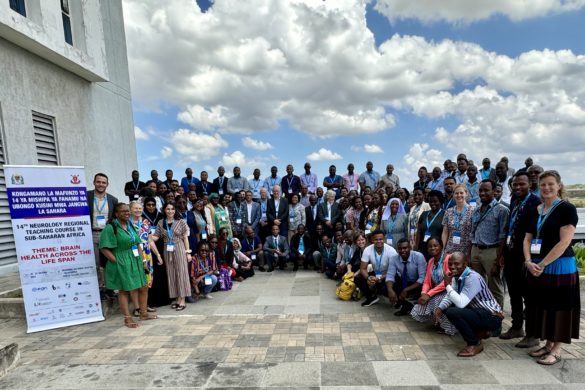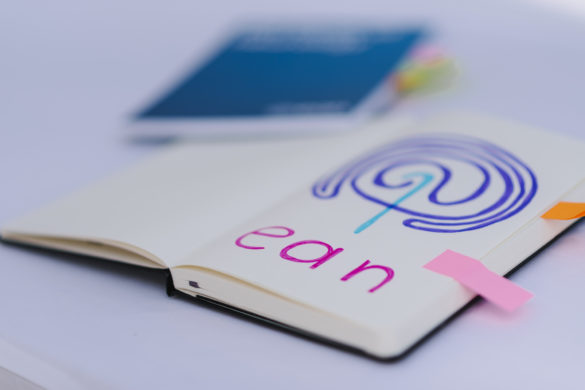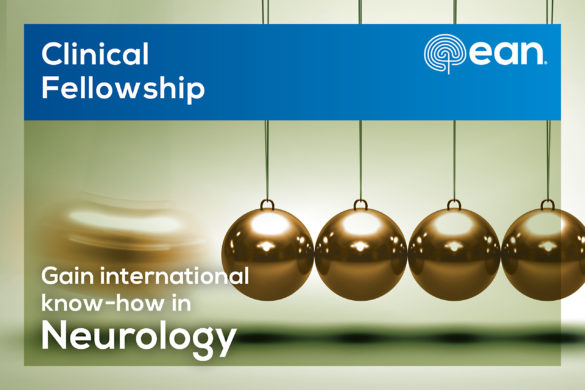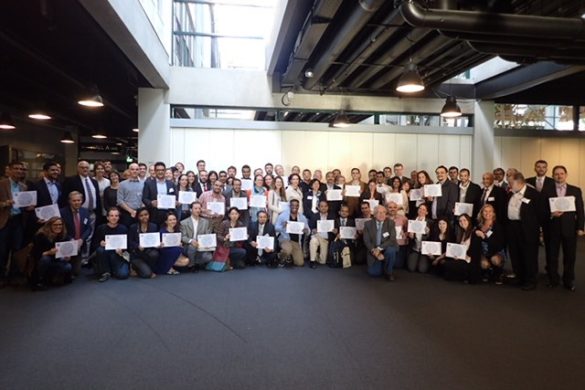by Dr David Garcia Azorin and Prof. Jan BM Kuks, chairs of the EBN European Examination Board
A board exam is a test you take to be allowed to work in a particular medical area. Several European countries organise national board exams – for young neurologists for example – and exams for practicing neurologist as part of a continuous medical education (CME) programme. To harmonise postgraduate training and CME the European Union for Medical specialists (UEMS) offers European board exams. The UEMS section of neurology has been setting these international exams since 2009 and this year the 15th board exam of neurology was held.
The board exam is not simply a knowledge test that can be taken by just putting crosses on a form. More complex competencies are needed for medical practice, and these should be reflected in a board exam. Medical doctors continuously use reference sources while working in their practice and it is even dangerous not to do so and to only rely on one’s own experience. Just retrieving knowledge during medical consultations is far from sufficient to answer the complex questions from patients and to help them to get better. Medical problems should be put in more broad social contexts and at the same time situation-specific relations should be considered.
For the exam we offer our candidates a list of recent papers to be studied. These papers cover the European Training Requirements for Neurology as adopted by the Union for European Medical Specialists (UEMS). At the written exam 40 questions related to these papers are presented to the candidates to be answered by heart (closed book exam). The other parts of the written exams contain complex questions related to clinical scenarios and may be answered by using reference sources during the exam (open book exam). Questions with a cultural background (like public health related or ethical problems) will be dealt with in oral exams, respecting the environment the candidate is working in. More than that, candidates should show that they can not only echo what their tutors taught them but that they are able to solve new questions with knowledge available from literature and their own practice and to discuss their answers.
This year the whole exam was offered online, and we are still discussing whether we should go back to a live situation which has its pros and cons.
This year we had 104 candidates; 63 from Europe (especially Belgium and Italy) and 41 from all over the world. The success percentage was 89%, which is a common rate in our board exams. Failing candidates may take another chance next year for a greatly reduced fee.
More details about the exam can be found at www.uems-neuroboard.org.
An examination committee of about eight members from the UEMS-section of neurology and the EAN is responsible for the organisation but many external helpers are needed to provide questions or to hold oral exams and we urgently need more neurologists involved here. Furthermore, we would be very keen to welcome more candidates, especially from other European countries.
If you are interested, we are happy to provide more information; just send an e-mail to education@ean.org and we will be glad to get back to you and find a suitable way for you to get involved.




